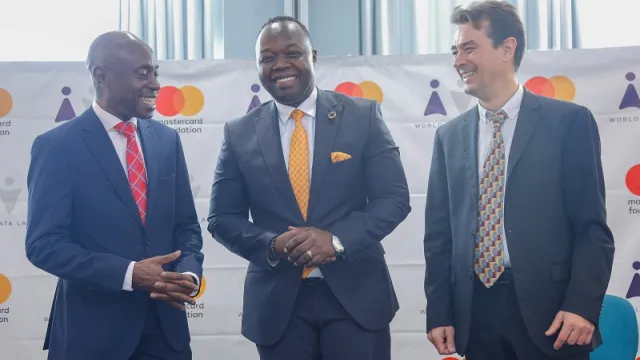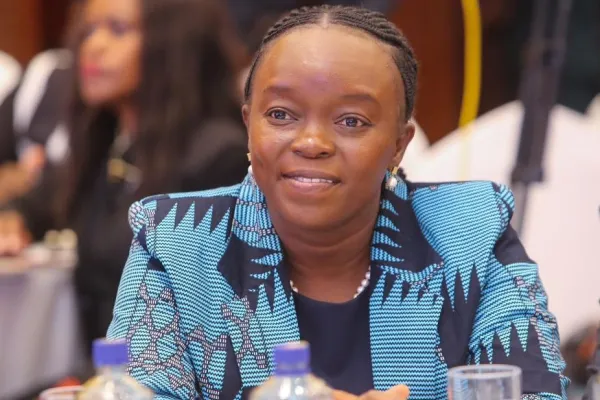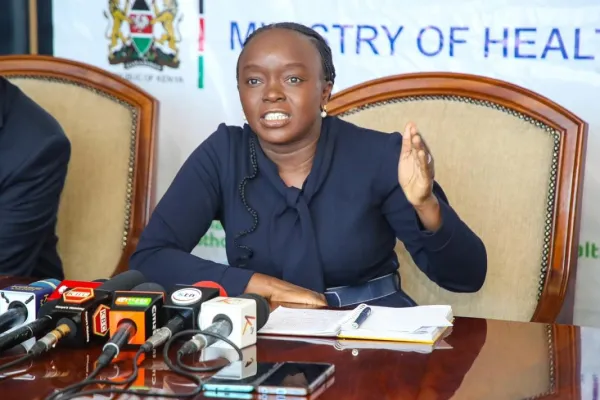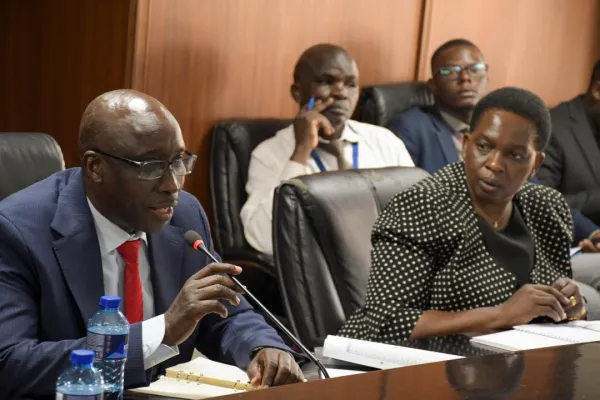Africa Youth Employment Clock launched in Kenya

Africa Youth Employment Clock launched in Kenya
World Data Lab and the Mastercard Foundation have unveiled the Africa Youth Employment Clock, a tool that is poised to change how stakeholders approach hiring the youth by providing real-time data and forecasts up to 2030.
Dr. Wolfgang Fengler, CEO of World Data Lab, lauded the partnership, saying: “We believe in the power of youth employment data in Africa – offering the basis for more informed decision-making. The Clock will allow governments, private sector, and young people to have access to more nuanced data on the concrete youth employment questions they have.”
Africa Youth Employment Clock aims to enhance efforts to create more inclusive labour markets in Africa through data modeling and visualization.
It provides detailed insights into job growth and employment trends, broken down by key variables such as employment status, age, gender, and sector.
One of the key features of the Clock is its user-friendly design, offering country-level youth employment data for all 54 African states. Currently, sub-national data is available for Kenya and Rwanda, with plans to expand access to countries like Ghana, Nigeria, Uganda, Senegal, and Ethiopia, where the Mastercard Foundation supports programs.
Read also: Safaricom’s Saffire Connect to ignite engagements
The Clock's data analytical model draws from surveys and datasets provided by national statistics offices and international sources, ensuring consistent and comparable data across countries.
Tade Aina, Chief Impact and Research Officer at the Mastercard Foundation, said the organization is committed to enabling 30 million young Africans to access dignified and fulfilling work by 2030.
Aina cited the importance of recognizing Africa's youth as a dynamic workforce and pool of leaders capable of addressing both local and global challenges.
He stressed the role of the Clock in providing precise labour market insights to support youth empowerment initiatives.



